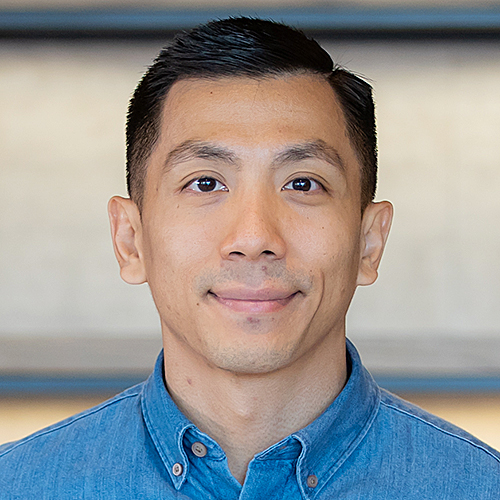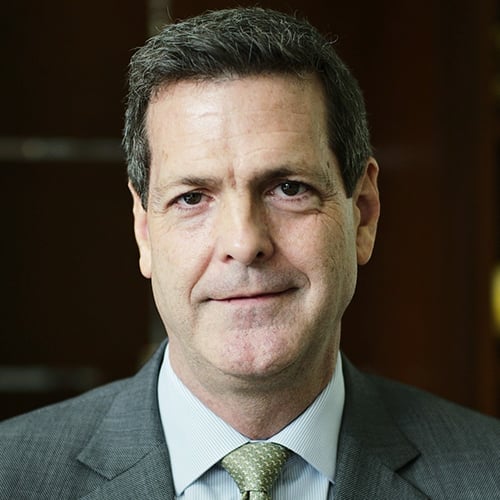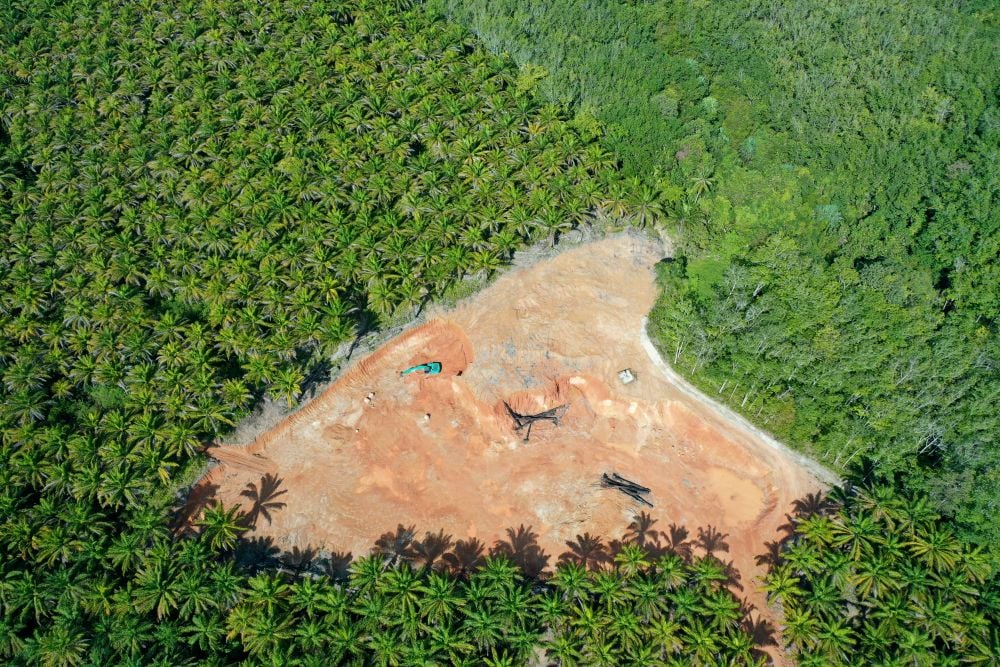Hongkongers live longer than most people in the world, but they expect their later years to be dogged by poor health, a period many think will start when they enter their early- to mid-60s, a new survey finds, highlighting the need for people to have a savings plan in place to help with the medical costs in later life.
Residents in the metropolis expect to retire at 63 and for poor health to set in at 64, according to Manulife Asia Care Survey 2023, which was conducted across seven markets in the region. With the average life expectancy in the city at 85, many people face the prospect of over 20 years in retirement with poor health.
The pessimism is strongest among 25- to 34-year-olds who expect poor health to start at 57 before retiring at 60. However, those in the 45-plus age group appear more upbeat; they expect to retire at 64 and stay healthy until they are 69.
In terms of physical and mental health, just one in 10 Hongkongers describe their physical (10%) and mental (11%) health to be excellent, less than half the regional average of 21% and 24% respectively. Interestingly, it is the 25-34 age group that drags Hong Kong’s overall percentages down with 7% and 8% for physical and mental health respectively.
“Hong Kong people enjoy a long life expectancy but early onset of poor health might affect their quality of life in retirement,” says Patrick Graham, chief executive officer, Manulife Hong Kong and Macau. “They will need to find a way to tackle their health issues to stretch out their retirement. Putting a plan in place can open the door to a happier retirement with peace of mind, while offering more freedom and flexibility in choosing quality healthcare.”
Rising costs
According to the survey, Hongkongers’ main concern is the challenge of paying for medical treatment, which continues to rise, and finding ways to mitigate its impact.
Nearly half (47%) of Hong Kong respondents said they are concerned about the cost of treatment if diagnosed with a serious illness, while just over a third (36%) worry about loss of income or job if they become seriously ill. More than a quarter (29%) are not sure who will take care of them if they become ill.
In general, Hongkongers think rising healthcare costs (45%) and poorer health (40%) are barriers to achieving their financial goals, especially among those aged 45 or over. More than a third (37%) of those surveyed identified saving for healthcare or medical needs as one of their top three financial goals and are working towards it to support themselves in retirement.
Among these respondents, more than half (56%) said they use cash savings to achieve the financial goal of saving for healthcare or medical needs. However, insurance also plays a significant role, with a third saying they have health and critical illness insurance (33%), and a fifth utilizing savings and endowment insurance to cover healthcare costs. Beyond that, a quarter said they rely on their Mandatory Provident Fund (MPF) savings to support their medical needs.
Financial planning
On average, Hong Kong respondents expect to achieve their financial goal within seven years. The younger segment and mid-income group are more optimistic – or aggressive – in their expectations, aiming to achieve their goals in six years.
Alongside financial planning, taking personal action to improve health and well-being is important to delay health issues in later life. The vast majority – more than nine in 10 – said they are taking action to help address health issues, with more exercise (54%), better diet (47%), regular body check (40%), and closer self-monitoring of their health (35%) being the main methods.
“The timeframe for meeting savings targets reflected in our survey may not be realistic, given a lengthy retirement and much of it possibly in poor health, especially with the over-reliance on cash. After all, cash is particularly exposed to inflation, which can erode its value very quickly,” Graham says. “To avoid getting caught short, we would encourage people to talk to a financial planner on how best to plan for their future.”
The Manulife survey was conducted via online self-completed questionnaires in seven markets: mainland China, Hong Kong, Indonesia, Malaysia, the Philippines, Singapore, and Vietnam. A total of 7,224 people, aged 25 to 60 years old, were surveyed in late December 2022 and early January 2023. In Hong Kong, 1,035 people were surveyed. Each respondent either owns insurance or intends to buy insurance.









